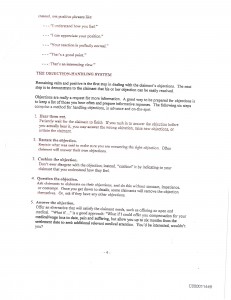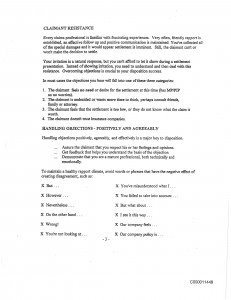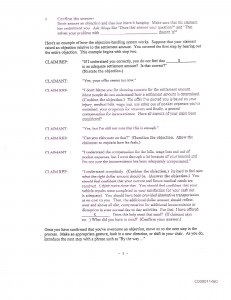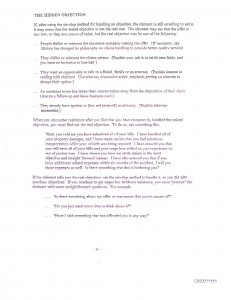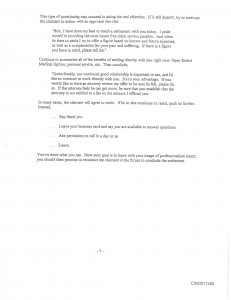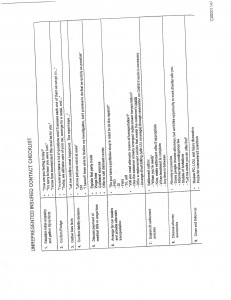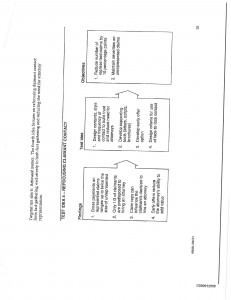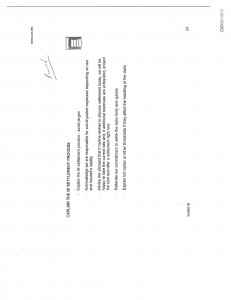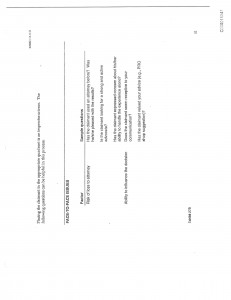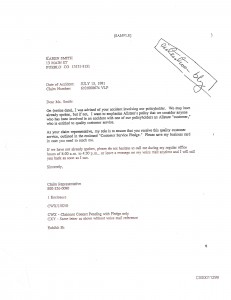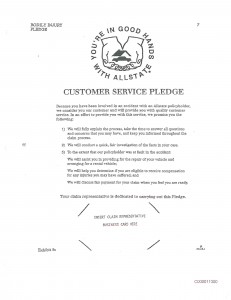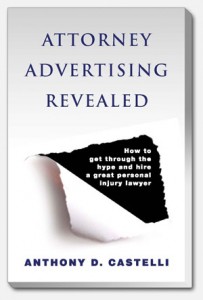My readers and viewers know that I write a lot about insurance companies and how difficult they can be to work with. I have my own take on things and often my assessment of major insurers isn’t pretty. State Farm Insurance is clearly no exception to this rule. Having said that, every now and then a case comes along where I agree with the insurer. This is the case with Joseph v. State Farm, an opinion issued by an Ohio U.S. District Judge a few days ago.
Before getting into the real issues of this case, I need to do a quick summary of background facts. On March 5, 2009 plaintiff purchased a homeowner’s insurance policy through a local Start Farm agent. The policy was effective the next day and was later extended through March 6, 2011. On August 18, 2010 the insured home was destroyed in a fire. Plaintiff filed a claim with State Farm for the loss. State Farm’s investigation revealed that the fire was the result of arson and that an accelerant had been used in the basement.
During the investigation, the homeowner made inconsistent statements and had checked into a local hotel the night before the fire. State Farm also learned that the plaintiff was not the homeowner when the policy was purchased, that the plaintiff had sustained previous property losses in arson cases, and that Nationwide Insurance had previously cancelled a homeowner’s policy on the same residence. It was also revealed that plaintiff owned $391,000 in back taxes. Throughout the investigation and claims process, plaintiff refused to provide personal financial information to State Farm.
At this point it’s pretty clear that even if the plaintiff is not guilty of arson, there were some legitimate questions about the incident and possible motivations for the fire. From a reasonable person’s point of view, State Farm was justified in conducting an investigation and requesting financial information from the insured.
June 7, 2011 State Farm denied plaintiff’s claim and voided his policy citing the intentional acts, concealment, and fraud clauses of the insurance contract. Plaintiff filed a lawsuit (http://www.leagle.com/xmlresult.aspx?xmldoc=In%20FDCO%2020130222H08.xml&docbase=CsLwAr3-2007-Curr) against State Farm on August 9, 2011. Plaintiff’s action asserted breach of contract and bad faith.
In response, State Farm filed a Motion for Summary Judgment and claimed that it was entitled to deny the claim for a number of reasons. First, the company argued that because the plaintiff was not forthcoming during the investigation, the cooperation clause allows State Farm to deny the claim. Cooperation clauses are standard in insurance contracts because they protect insurers from fraudulent claims. State Farm claimed that cooperation is a condition of the policy and because the insured failed to comply, the insurer is relieved of the obligation on the claim. Plaintiff does not dispute that he was uncooperative during the investigation; rather, he argues that the documents State Farm requested were not relevant to the investigation. The court found that when an insurance company raises arson as an affirmative defense to liability, there are strong public policy reasons for requiring disclosure of the insured’s financial status as a possible motive. The court ruled for State Farm on this issue and held that the company was entitled to cancel the policy and deny the claim.
The court also ruled that the insurance policy was void due to the plaintiff’s misrepresentations of ownership. Finally, the court held against plaintiff on the bad faith claim. The court reasoned that because State Farm’s refusal to pay was legally correct under the terms of the policy, the company’s refusal to pay was reasonable and justified. Summary judgment was granted to State Farm.
I think the court and State Farm were correct under these facts. This plaintiff had a history of property damage due to arson, had massive unpaid taxes, and an accelerent was used at the home while he stayed in a hotel. In my opinion, these facts absolutely warrant State Farm’s non-payment.
I find myself usually siding with the plaintiff in claims against State Farm. But not in this case. Although I would never represent State Farm and in fact only bring personal injury claims against State Farm part of being a counselor at Law is recognizing valid winnable claims. After 31 years I think I have a pretty good idea of when you have a valid auto accident injury claim.
If you have a claim against State Farm or any other insurance claim call me at 513-621-2345 or get a free no obligation consultation here.

